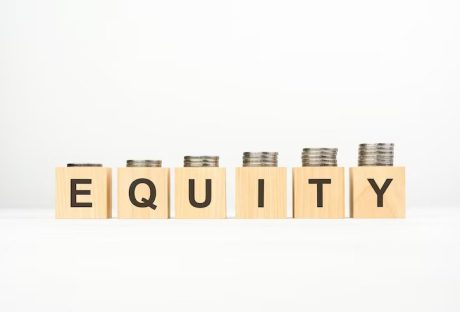There are two distinct stakeholders in every market, we have the traders and the investors. These two sets of people have one thing in common, they both want to make a profit however they approach the market differently.
If you are reading this article you are probably interested in the market but, you are a little bit dazed about either deciding on trading or investing. It’s time to cheer up friends, don’t be disturbed anymore, your questions would be clarified after reading this article.
This article would share the necessary information you require to make your decision; trading or investing. Let’s get started.
What is trading?

Trading is a financial activity carried out to earn a profit from short-term fluctuations in the market.
Trading involves buying and selling financial instruments; stocks, currencies, commodities, and derivatives to make profits from their price movements within short periods.
What is investing?
Investing is a long-term financial activity where investors buy a financial instrument; for example, stocks that can yield returns in the long run.
Unlike trading, investing requires creating a variety of portfolios of assets and keeping them through every stage of the market till the period they wish or project to take their returns.
Unlike trading which is reliant on price movements for returns, investing grants numerous benefits such as bonuses, dividends, buybacks, stock splits, and more.
The similarities between trading and investing
Trading and investing have a similar objective which is to make a profit. They both offer the possibility of getting rewards.
Trading and investment both hold the possibility of a loss; they both have financial risks.
You need an account/broker to either trade or invest. Without an account, you cannot buy and sell or invest in stocks, ETFs, options, currencies, and others.
The differences between trading and investing
The table below would give you a better understanding of the differences between traders and investing:
| Characteristics | Trading | Investment |
| Risk | High | Moderate/Low |
| Capital growth | From short-term profit | Amass gains/wealth overtime while minimizing risks |
| Intention | Purchase assets during the short term and take advantage of mispricing/irregular price movements in the market | Buy investments and hold them for a long period to grow capital |
| Leverage offered | Yes | No |
| Analysis needed | Technical analysis | Fundamental analysis |
| Capital gains | Majorly short term | Both short-term and long term |
| Period of investment tracking | High/Consistent | Medium/less |
| Asset duration | Seconds, minutes, a few hours | Weeks, months, years/decades |
| Assets | Stocks, options | Stocks, bonds, ETFs, mutual funds |
Conclusion
When you are about to make a decision; trading or investing, be introspective. Ask yourself and consider how patient you are. Are you knowledgeable about investing or trading? What are your skills or expertise? Can you manage risks? Or do you prefer to play safe?
Based on these questions and your strengths or weaknesses you can think about, you can now decide which; trading or investing is best for you.
Remember, trading is more susceptible to financial risk because it is a short-term activity while investing is long-term and less susceptible to financial risk. Trading and investing are not profitable though trading can be a way to earn quick profits while investing wins come in the long run but with fewer losses than trading. You can find your perfect binary options broker as a trader or investor today.
Frequently Asked Questions (FAQs)
I. Do traders earn more than investors?
We can not authoritatively say that a trader is earning more than an investor vis-a-vis.
Traders and investors both have the potential to profit. But they both have to make the right and smart decisions otherwise they would lose money.
II. What types of trading can I engage with?
There are four types of trading; day trading, position trading, swing trading, and scalp trading.
- Day trading:
Positions are held during the day alone.
- Position trading:
Positions are held for months to decades.
- Swing trading:
Positions are held within days to weeks.
- Scalp trading:
Positions are held within seconds to minutes. Scalp trading is usually operated during the day alone.
III. What types of investing can I engage with?
Some of the types of investing you can engage in are index investing, active investing, passive investing, value investing, market cap-based investing and growth investing.
Read Also:
- Unveiling The Dark Side Of Trading: Exposing Binary Options Scams And Ensuring A Secure Future
- What Beginners Must Know About Trading Options In Dubai
- Margin Trading Tips & Strategies For Beginners























